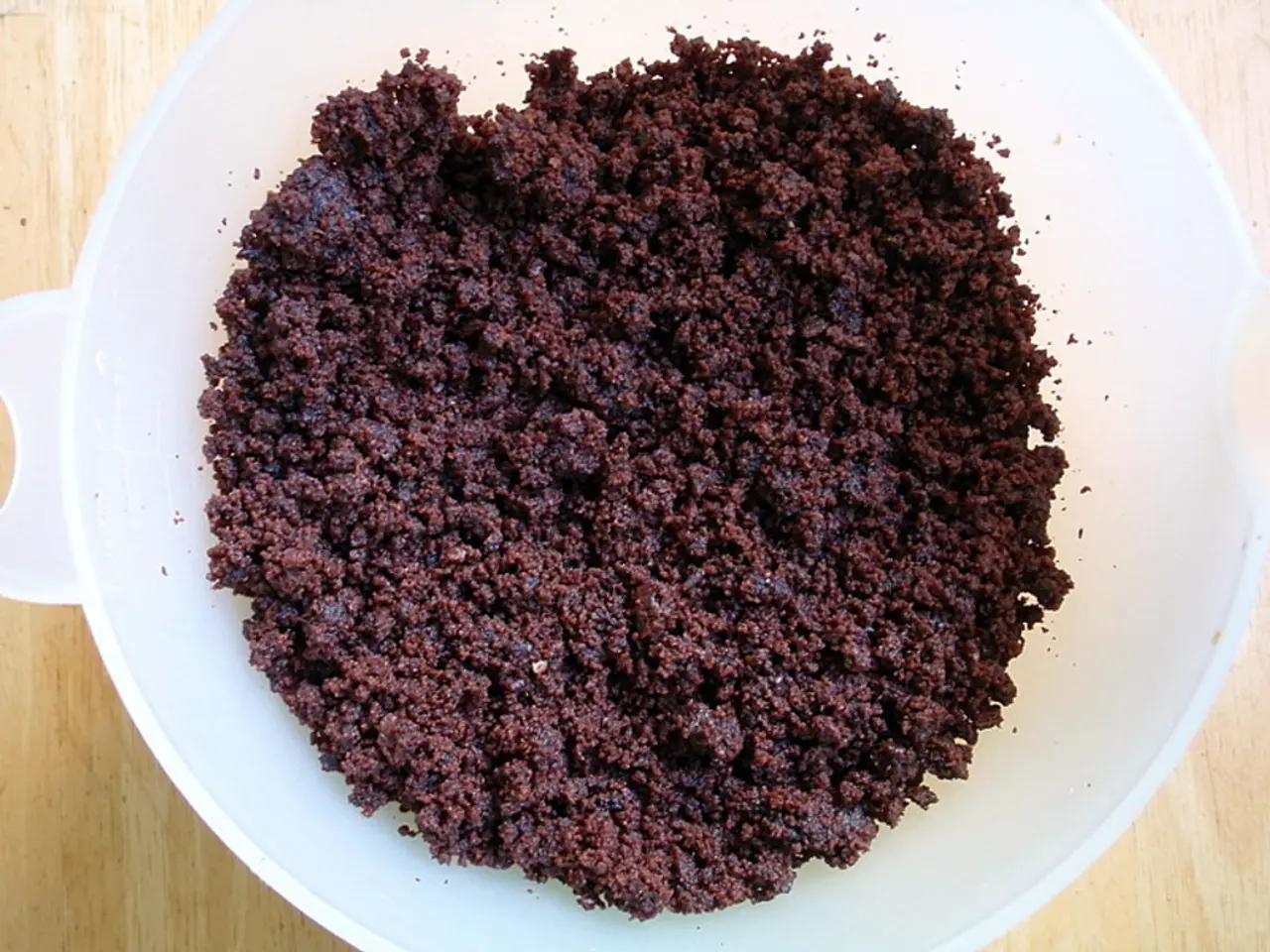Constipation Causing Blood in Stool: Explanation and Remedies
Constipation, a common digestive issue, can lead to several complications, one of which is rectal bleeding. This article aims to shed light on the conditions associated with constipation that may cause rectal bleeding, their symptoms, and potential treatments.
Constipation refers to infrequent and uncomfortable bowel movements, where a person passes small amounts of hard, dry stool less often than usual. This condition can lead to several complications, including bleeding.
One such complication is the development of hemorrhoids, swollen veins in the rectal area that often cause painless rectal bleeding, typically noticed as bright red blood on stool or toilet paper. Another complication is anal fissures, small tears in the anal lining often caused by straining during constipation, which usually cause painful bowel movements accompanied by bleeding.
A more severe complication is fecal impaction, where stool becomes hard and dry and gets stuck in the colon, blocking the way for waste to leave the body. This condition can damage the intestinal walls and lead to bleeding, and potentially serious complications if untreated.
In all these conditions, bleeding can vary from small amounts to more significant bleeding, especially if the underlying constipation and straining continue without treatment. Prompt medical evaluation is recommended if rectal bleeding occurs, as it can also indicate other serious issues besides these common complications.
Regular physical activity can help with constipation, as can a high-fiber diet and drinking enough fluids. Stool softeners, fiber supplements, and prescription medications may also be recommended for constipation. Avoiding straining during bowel movements can prevent new tears or opening of healing tears.
It's important to note that chronic inflammatory conditions, such as Crohn's disease and ulcerative colitis, can be associated with constipation and may cause bleeding. Abdominal cancer and rectal cancer can also cause constipation and bleeding.
If bleeding is heavy, continuous, and accompanied by severe abdominal symptoms, emergency medical advice should be sought immediately.
In conclusion, constipation-related complications are recognized causes of rectal bleeding, which may be significant enough to require medical attention. Maintaining a healthy lifestyle, including a high-fiber diet, regular exercise, and staying hydrated, can help prevent constipation and its associated complications. However, if rectal bleeding occurs, prompt medical evaluation is recommended.
- Hemorrhoids, a consequence of constipation, are swollen veins in the rectal area that can cause painless rectal bleeding.
- Another complication associated with constipation is anal fissures, small tears in the anal lining that often cause painful bowel movements and bleeding.
- Fecal impaction, a more severe complication of constipation, occurs when stool gets hard and stuck in the colon, potentially damaging the intestinal walls and leading to bleeding.
- Chronic inflammatory conditions like Crohn's disease and ulcerative colitis can be associated with constipation and may cause bleeding.
- Abdominal cancer and rectal cancer can also cause constipation and bleeding, which necessitate emergency medical attention if bleeding is heavy and continuous.
- Preventing constipation and its associated complications involves maintaining a healthy lifestyle, including a high-fiber diet, regular exercise, and staying hydrated, but prompt medical evaluation is recommended if rectal bleeding occurs.




